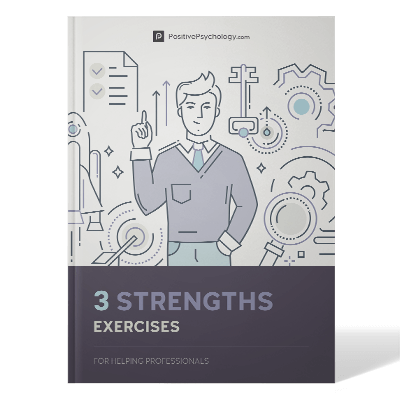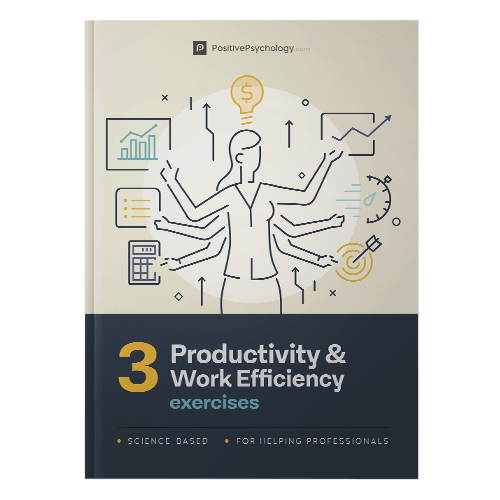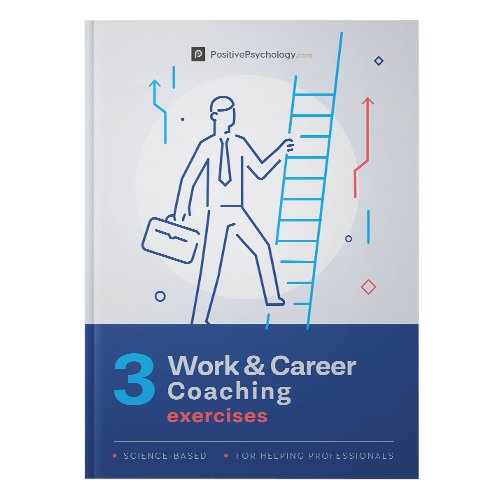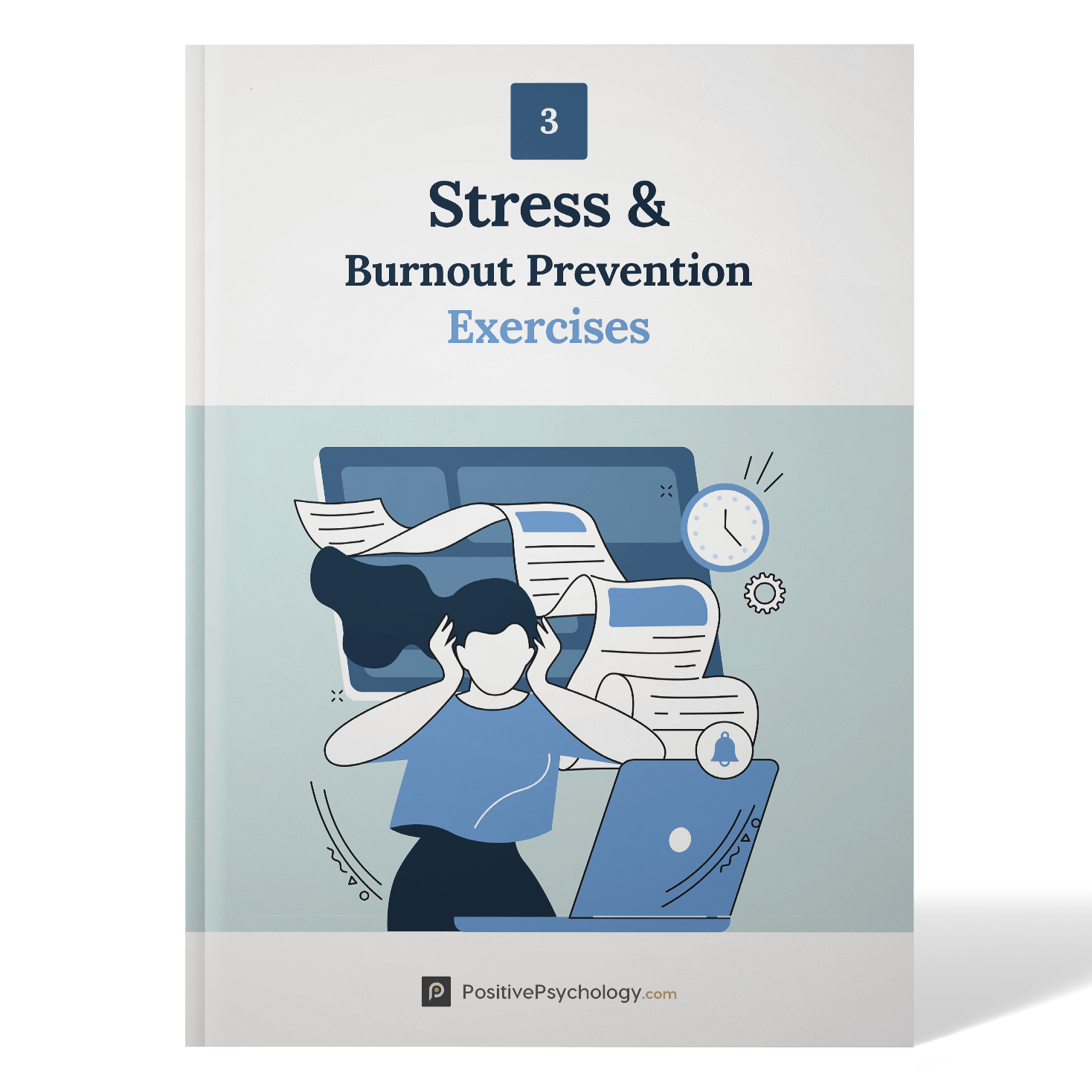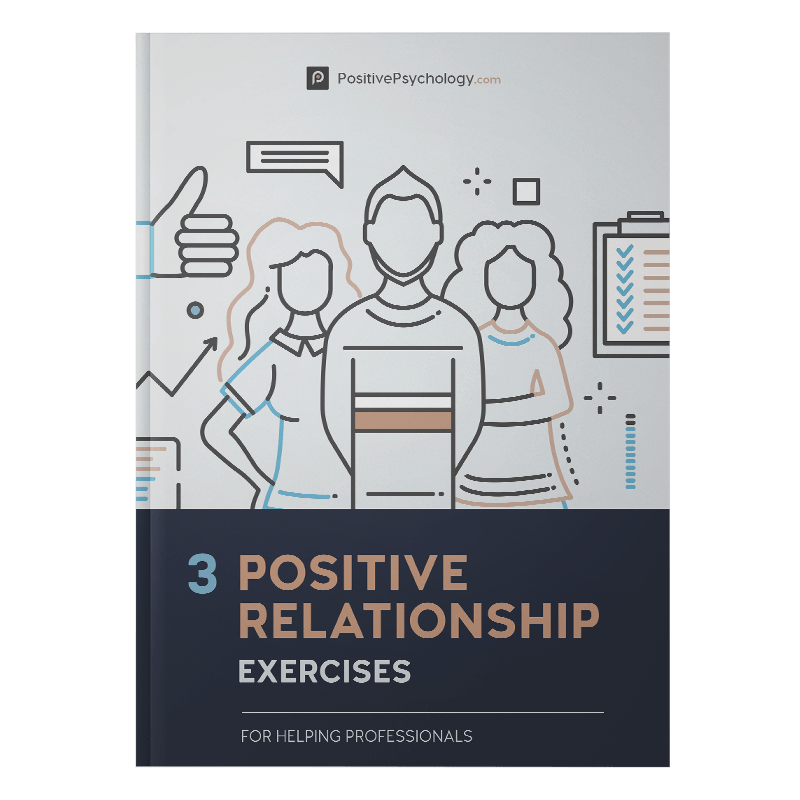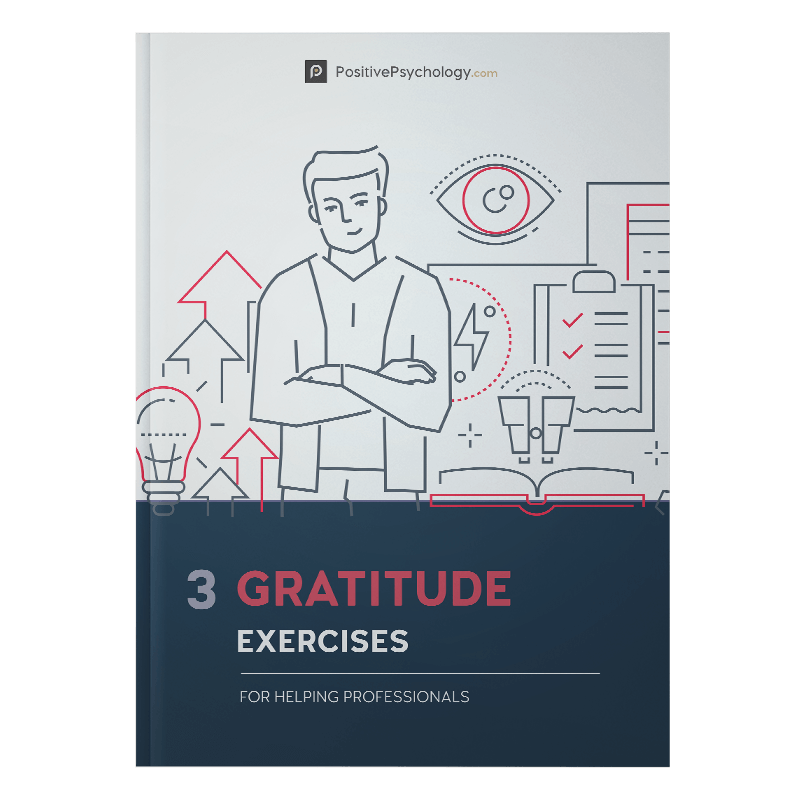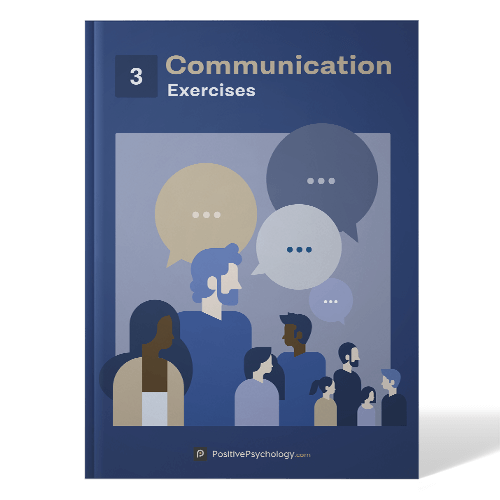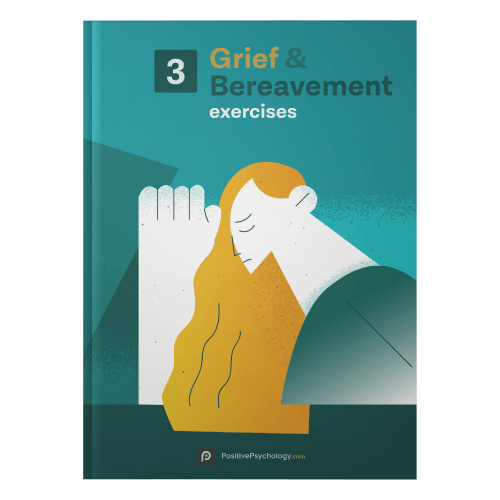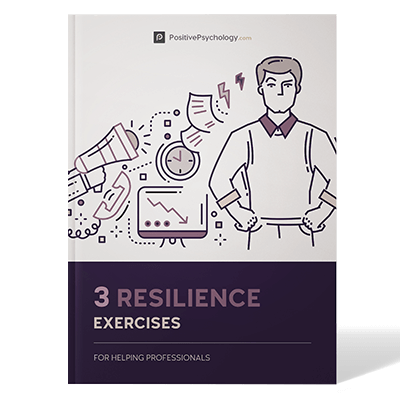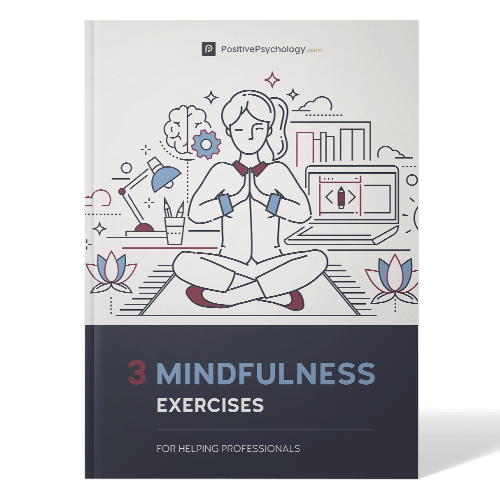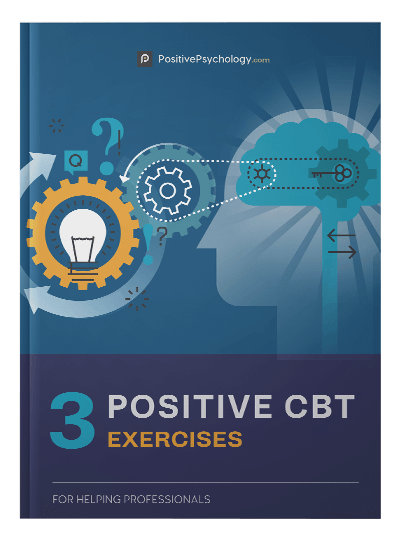Reframing the Challenge of Problem-Solving
Much of Edwyn’s work involves helping teams overcome specific obstacles, and many of his clients already have critical problem-solving skills. That brings its own set of challenges:
“To problem-solve, you have to be problem aware. And this ends up creating a very negative mindset in other areas.”
He began researching this observation, looking for ways to help his clients develop “the ability to use problem-solving as a strength.”
He notes, “Positive psychology became the thing that could take the challenge and frame it in a different manner.”
Edwyn soon discovered that positive psychology was the ideal complement to his existing behavioral psychology approaches, which focused primarily on building self-awareness. With new knowledge and tools from the field, he could now help clients “backfill” the best parts of their thought processes and behaviors.
“That kept people from making a win and then sliding backward into a fault-finding mindset or making a successful endeavor and then falling back into a negative, low-optimistic state.”
From Strengths to Self-Awareness
Discovering and developing strengths can be game-changing for business teams, encouraging better relationships, collaboration, and overall performance. Now that he has a toolkit of strength exercises as a starting point, Edwyn has developed his own team interventions:
“The Strength vs. Weakness tool is one I’ve used multiple times in team retreats, quarterly team meetings, and workshops. We break people into different groups. Several work on the things they hate about their work, while the others talk about the things they love about it.”
His creative approaches have been beautifully impactful for his clients, with noticeable impacts at both team and individual levels:
“After both sides completed [the exercise], they did a phenomenal presentation, [led by] someone who was currently on the rocks with the team. The version [of that person that] everyone saw was completely different from who they had seen in the last months, and they saw what they were actually bringing to the team. Our feedback was that they were actually performing at a really high level after that event.”
Because growing a business is rarely smooth sailing, many of Edwyn’s executive clients struggle with similar obstacles. Self-limiting beliefs are a prime example: “Trap number one is this self-limiting belief that when they plateau, that’s it.”
Here, he combines values and strength assessments:
“I had a client who was kind of plateaued at about $700,000 to $800,000 in annual sales. Doing strength finding and value assessment, they completely changed their approach and were able to decentralize their work, start focusing on business development, and jump into the mid-millions.”
With some of the coach’s clients working up to 70-hour weeks, another issue is the risk of stress and burnout. Edwyn’s challenge is to help them “focus on more than just the finish line.”
Positive psychology self-assessment tools have proved very useful, allowing Edwyn to help his clients build self-awareness. This starts with asking the right questions: “Where does this come from? What matters to you? By diving down those paths, they end up finding the joy of the experience of driving their business. […] They can settle in and actually enjoy this process while it’s happening.”
The teams he works with benefit from his varied approach. After gauging how he can be of the most value, Edwyn simply finds the best solution in his toolbox.
As a practitioner, he appreciates having what he needs in one organized place, ready to implement in his coaching frameworks:
“One of the things with coaching structure, especially if you’re working with people long term, is you want to have a very robust repertoire. Having all of that in one spot that is well presented and easy to reference is really where I find the biggest wins.”
Edwyn also feels he can more easily impact a wider range of issues, starting with what’s readily apparent and digging deeper into root causes where required.
With a given team, he can address business processes like productivity (the Pomodoro technique has become a go-to for Edwyn here) and deploy self-esteem activities, which help unpack underlying thought processes.
It’s a huge advantage, given his specialty, because team coaching can often be a less-than-linear process:
“Having the ability to pick specific positive psychology tools gives you a lot of pathways. It’s not left or right; it’s left, right, over there, over that hill, and through that gully.”
A Powerful Component Towards Helping
Since integrating positive psychology into his methodology, Edwyn has developed several creative and powerful new tools, like turning the Advanced Goal Analysis exercise in the Positive Psychology Toolkit© into a sophisticated goal-setting dashboard.
But that’s not the only way he has become more effective, and he feels there’s a lot more that the field has still to offer.
So, Edwyn continues learning from PositivePsychology.com’s masterclasses and the latest updates to the PositivePsychology.com library. He believes it helps him “define what he wants to focus on as a coach” and help others more effectively.
Ultimately, he’s found much more than a robust repertoire of “honest and well-crafted tools.”





